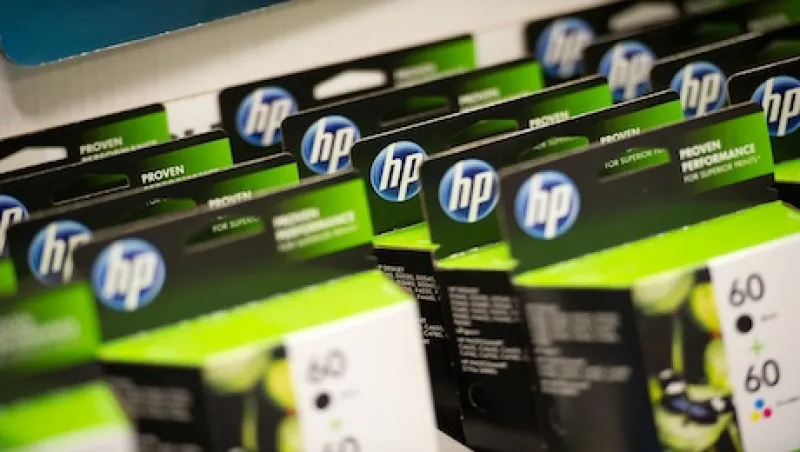
A shopper looks over computers in the Best Buy store in East Palo Alto, California, U.S., on Thursday, July 18, 2011. Hewlett-Packard Co. (HPQ), the world’s largest computer maker, said it is in talks to buy Autonomy Corp. and is exploring strategic options for its personal- computer business. Photographer: David Paul Morris/Bloomberg
David Paul Morris/Bloomberg


